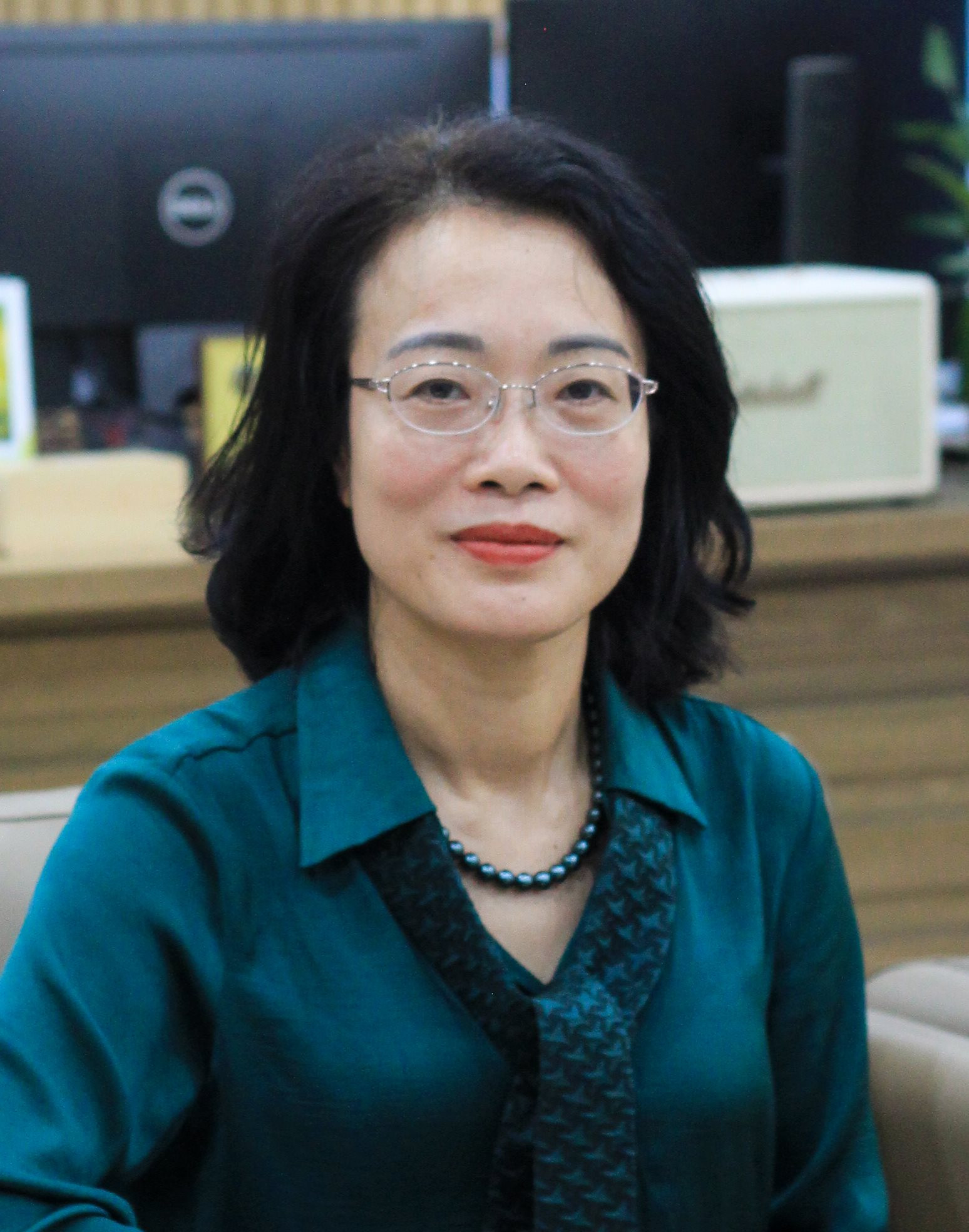
PV: Madam, how has international cooperation supported the development of the scientific staff of the Hydrometeorology Department of the Institute of Hydrometeorology and Climate Change?
Assoc. Prof. Dr. Pham Thi Thanh Nga: To keep up with the development of the world , the international cooperation of the Institute plays a very important role. The contents that are focused on to improve the scientific team of the Institute are cooperation in research, training, and publishing articles in international journals.
The Institute has research topics and projects at the ministerial and state levels, with the participation of foreign scientists, especially scientists of Vietnamese origin currently working at many universities and research institutes in many countries. The Institute also participates in coordinating the development and initial proposals of projects and topics from many foreign partners such as the UK, France, Japan, Australia, Taiwan, Korea, Canada, etc.
Through research cooperation, the research capacity of the staff is significantly improved, especially the skills of establishing and using models, algorithms and modern technology, programming skills and writing international articles in journals listed in ISI/SCOPUS... Cooperation through international conferences, training and education is also an opportunity for young staff to access new knowledge in the fastest way, as well as increase the ability to exchange with international scientists, improve the ability to present research results.
PV: Could you please tell us, in recent times, what outstanding scientific research projects and international cooperation projects has the Institute had that can be put into practical application?
Assoc. Prof. Dr. Pham Thi Thanh Nga: The Institute's most recent collaboration is with Seoul National University (SNU-WS) in the study "Building an open source model HEC-RAS to forecast and warn of floods for the Ba River basin using Korean technology". The study emphasizes that to prevent floods, predicting river flows, especially peak flood flows during floods, is extremely important.
Since river discharge is accumulated by many complex processes, including rainfall, overland flow, upstream flow and groundwater, it is difficult to accurately capture the flow. Therefore, to overcome the limitations of most current flood forecasting models, it is necessary to combine many processes into one model system. The most difficult task of the coupling technique is to handle the spatial and temporal scales from different processes. In this study, the coupling technique was applied to integrate three different open source software, namely hydrological model (HEC-HMS), reservoir system simulation (HEC-ResSim) and river system analysis model (HEC-RAS) into a complete system based on the use of Python language to solve flood prevention for the Ba River basin. The objective of this study is to create a new practical, efficient and robust simulation system for flood control not only for the Ba River basin but also scalable for any river system in Vietnam.
With the cooperation of Korean experts, experts from the Institute of Hydrometeorology and Climate Change have completely mastered the technology to successfully build an automatic model system that runs a continuous connection of models to warn and forecast floods and inundations in the downstream of the Ba River basin. At the same time, the model system has the ability to expand to other basins. The results of the research have been handed over to the General Department of Hydrometeorology.
Currently, the Institute is implementing a cooperation project on "Research on the application of blending technique combined with high-resolution assimilation to forecast intensity, storm trajectory, strong winds and heavy rain in storms in the East Sea and Vietnam" with experts from the Taiwan - China Meteorological Administration. This is one of the other important cooperation projects of the Institute. In this project, Taiwan - China experts directly transfer and guide the Institute's staff on the Blending algorithm to create a new, better input field for the HWRF storm forecast model for the Vietnam region. It is expected that after this cooperation, the Institute will be able to operate a separate storm forecast model for the East Sea region with suitable input fields to improve the quality of storm forecasts. The model will be tested for the 2024 storm season, then transferred to the General Department of Hydrometeorology.
In addition, the 2025 climate change scenario is being developed by the Institute according to the new emission scenarios SSPs as announced by IPCC 2020, along with the coordination with many foreign partners such as UK MetOffice, MRI Japan, CSIRO Australia, AFD France, CORDEX-SEA. This coordination is very important to achieve the most detailed model versions for the Vietnam region and with higher resolution for some key areas such as the Mekong Delta and large urban areas, from which the new scenario will be built based on the combination of many regional models with higher probability of occurrence, and more detail.
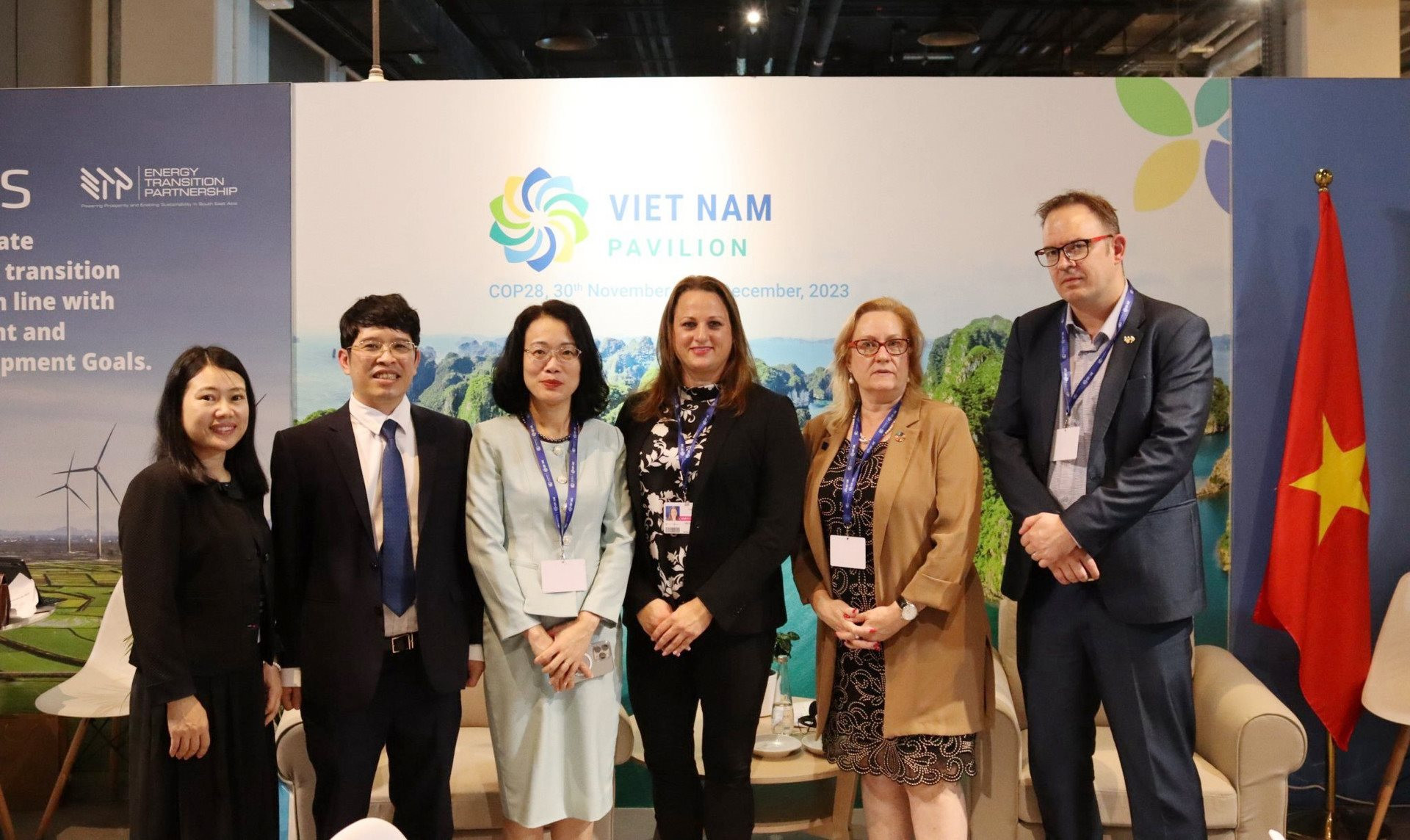
PV: In order to promote professional capacity and improve the knowledge of the scientific staff in the field of Hydrometeorology and Climate Change, what are the development orientations and policies of the Institute in coordinating and connecting with international units and partners, Madam?
Assoc. Prof. Dr. Pham Thi Thanh Nga: In the immediate future, the Institute needs to maintain a sufficient number of Professors, Associate Professors, and PhDs to ensure that the major codes are in accordance with regulations and to enhance the capacity of the Institute's research team. Therefore, the Institute has developed a strategy to attract and invite PhDs to work, especially PhDs who graduated from foreign schools, as well as encourage the Institute's staff to improve their academic qualifications to PhDs through scholarship programs, domestic training or studying at the Institute's facilities.
The Institute’s PhD training is currently oriented towards collaboration with lecturers from foreign and domestic universities and institutes. In particular, the Institute’s co-supervision program creates conditions for doctoral students to further improve their expertise and foreign languages abroad.
Then, in order for the team of PhDs working at the Institute to be able to fully develop their abilities, qualifications, and access new technological knowledge, the Institute has developed major, long-term research orientations to propose scientific and technological topics at all levels. In particular, focusing on promoting research cooperation topics and projects with international partners, including multilateral and bilateral, with funding from governments of all parties and international and non -governmental funds.
In particular, for proposals in the field of climate change, the Institute is currently collaborating with Japanese partners, the Institute for Global Environmental Strategies (IGES) and the National Institute for Environmental Studies (NIES), to apply the AIM model to periodically update low-carbon emission scenarios and assess the impacts of these scenarios on the socio-economy in Vietnam. The results of this activity will support the periodic updating of Vietnam's Nationally Determined Contribution (NDC) and National Climate Change Strategy (NCCS). In addition, tripartite cooperation will also be focused on, for example, in the field of hydrometeorology, the Institute will collaborate with the Institute of Advanced Mathematics and foreign partners to jointly solve modeling problems and use machine learning and AI technology to improve the quality of hydrometeorological forecasting models.
Through joint topics and projects, the Institute's research team will certainly have new approaches, keeping up with world trends through exchanges, seminars, training, and transfers in Vietnam and with partners, then together have valuable international publications.
PV: Thank you very much!
Source



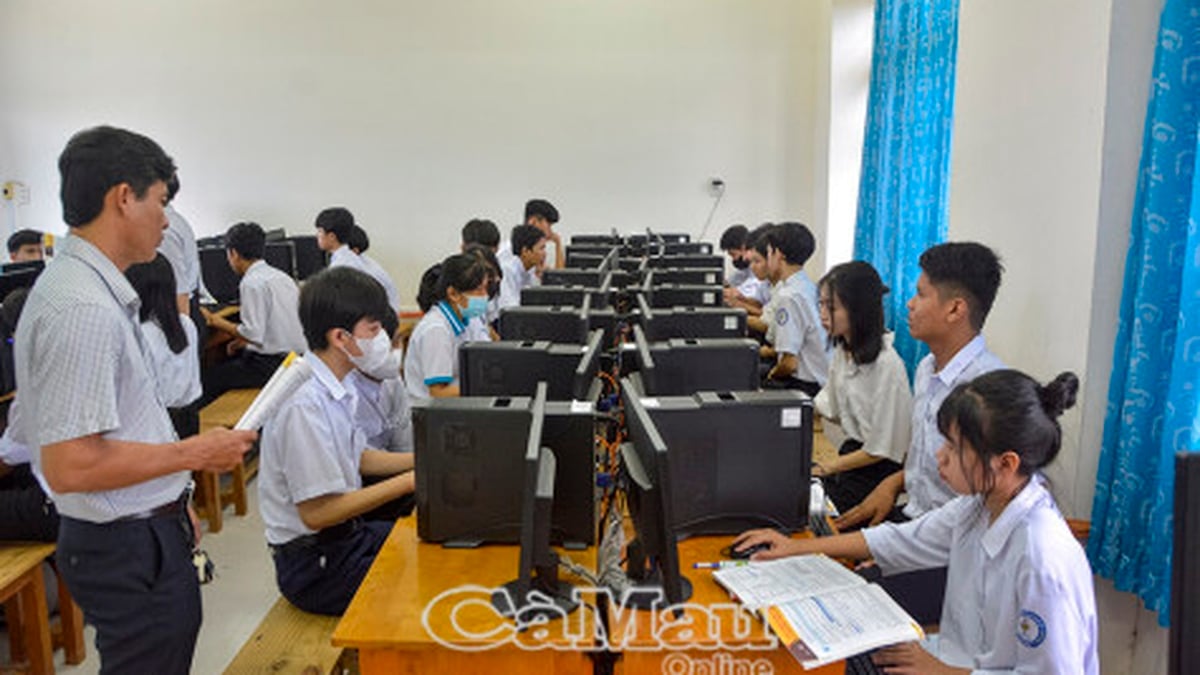
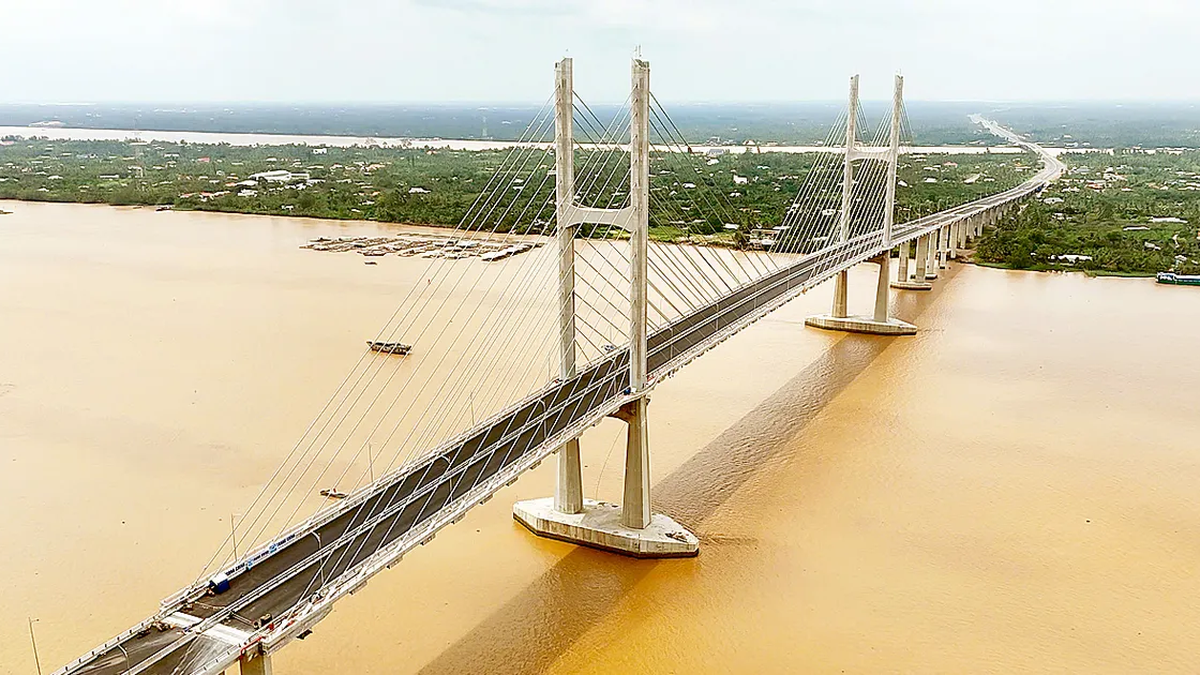
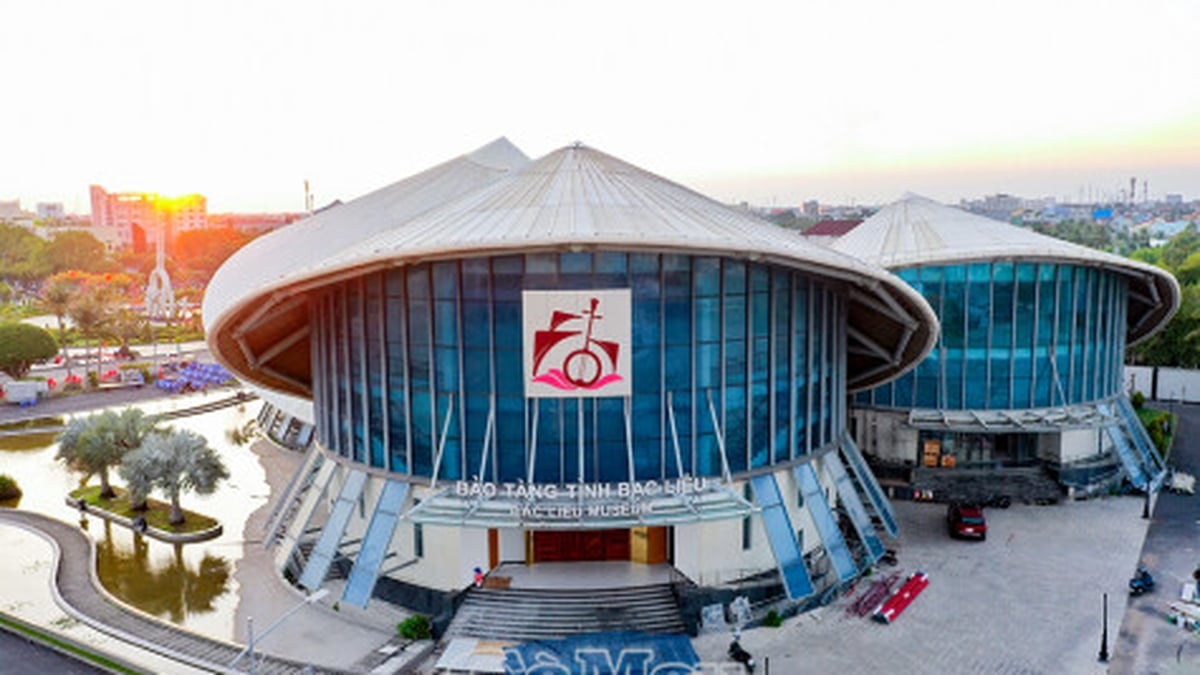
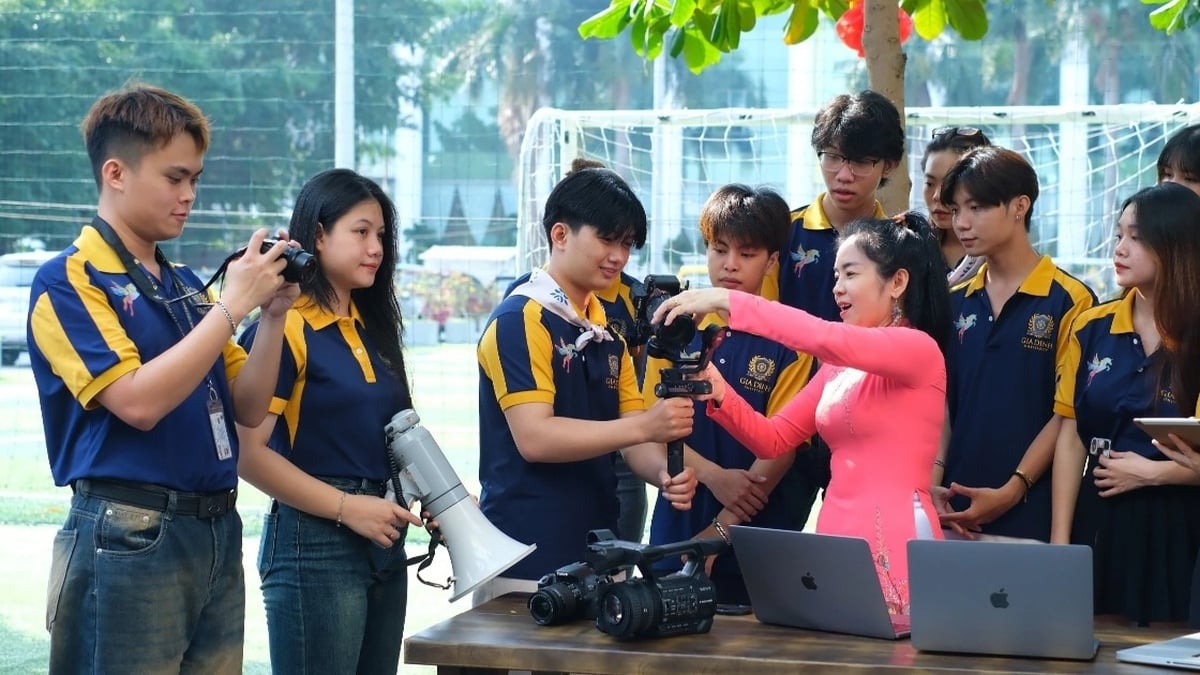
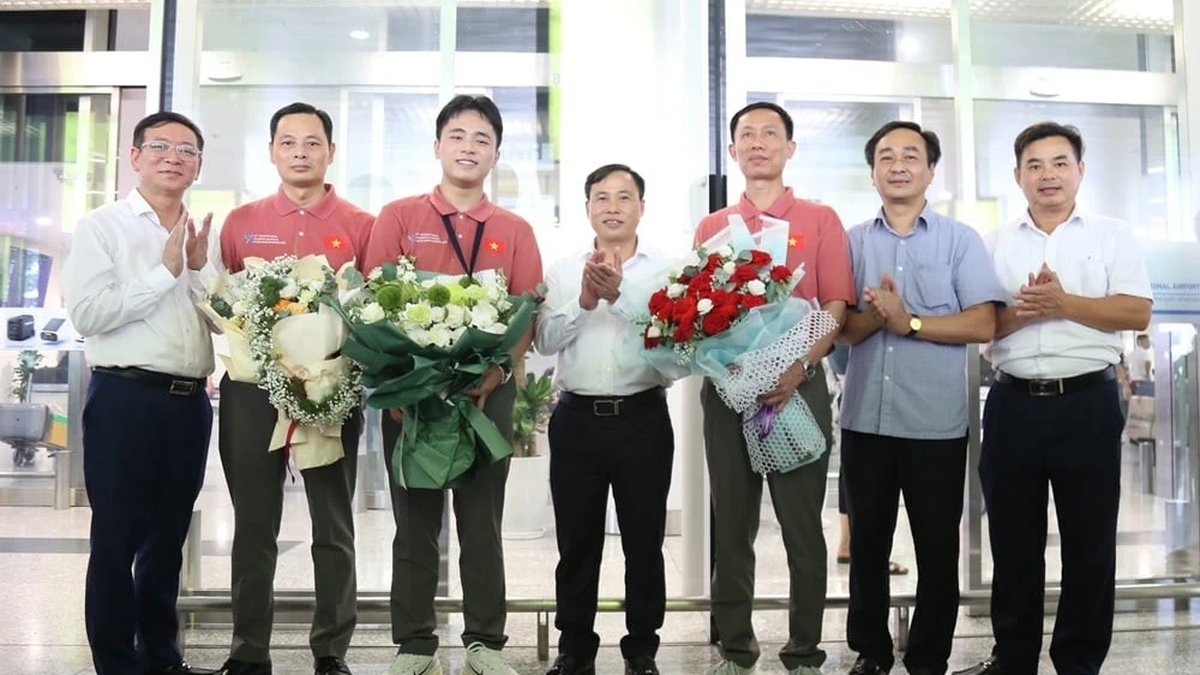
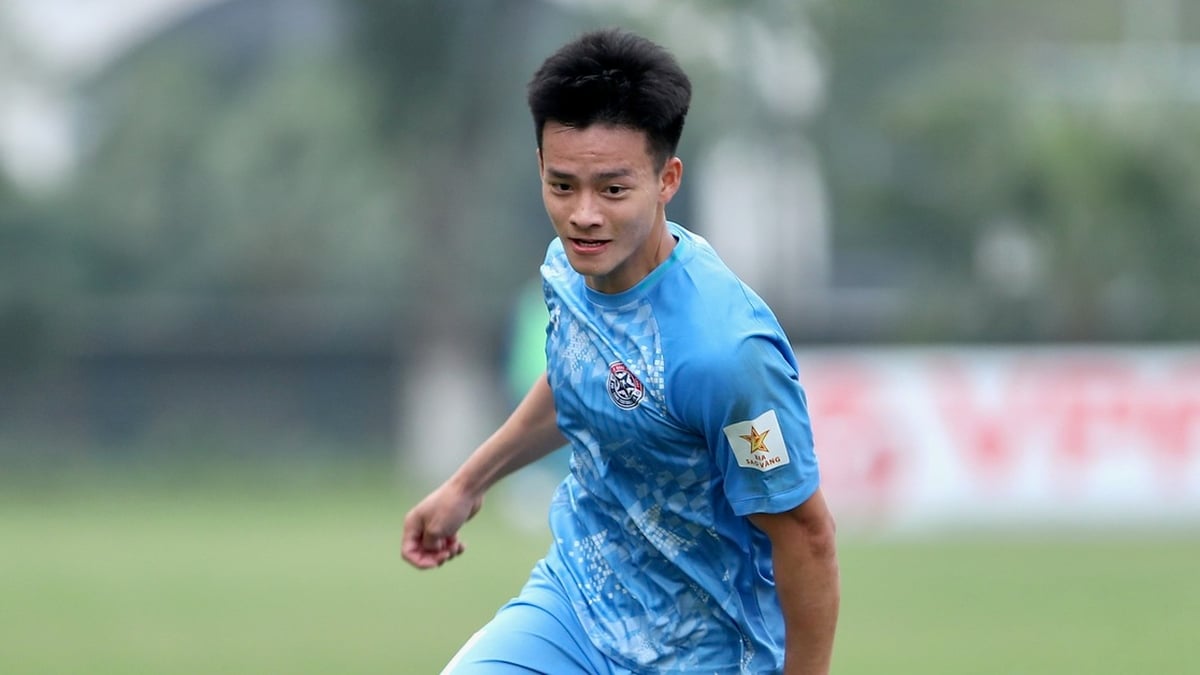
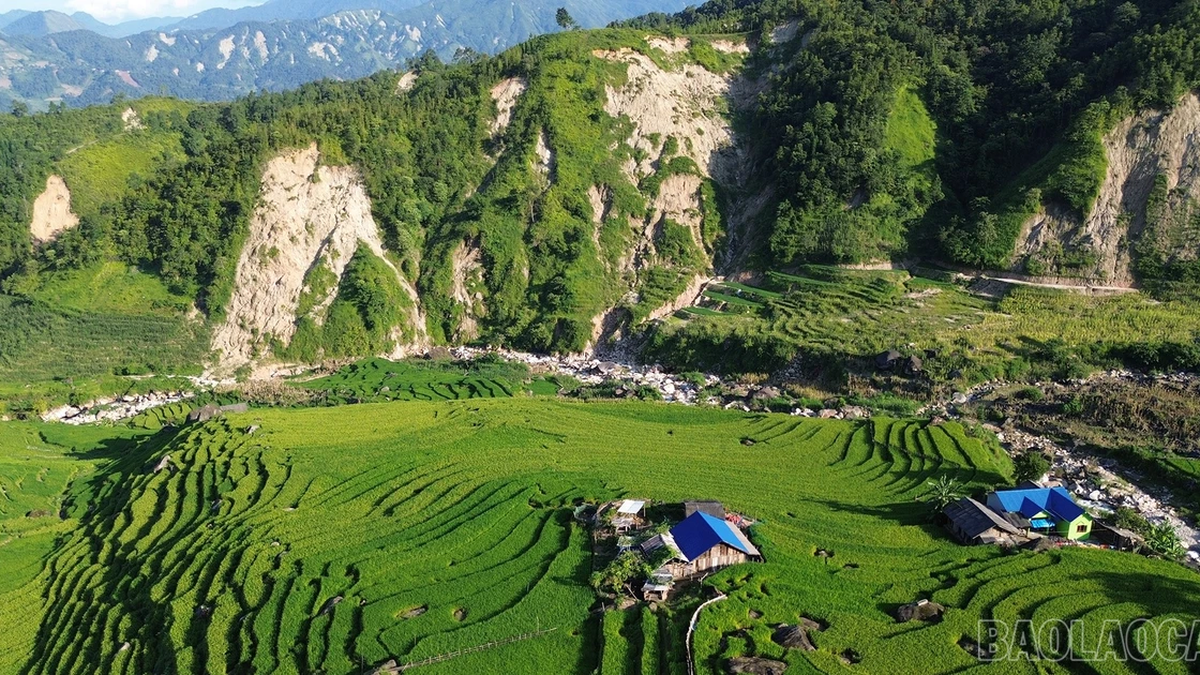
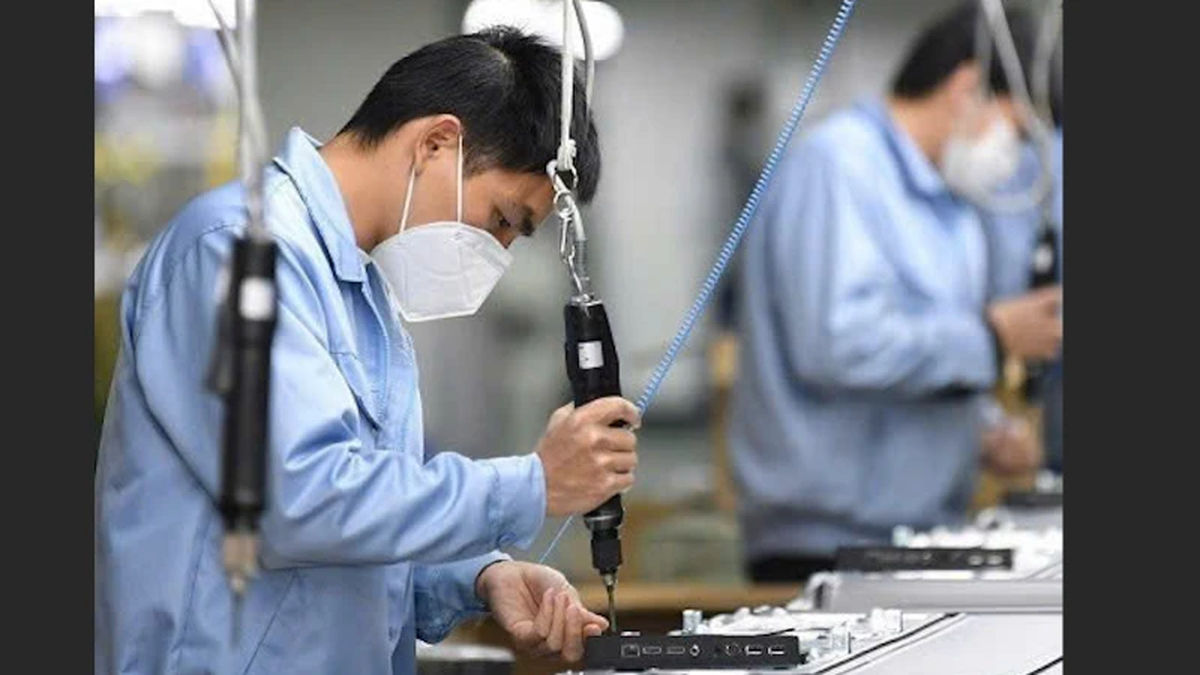
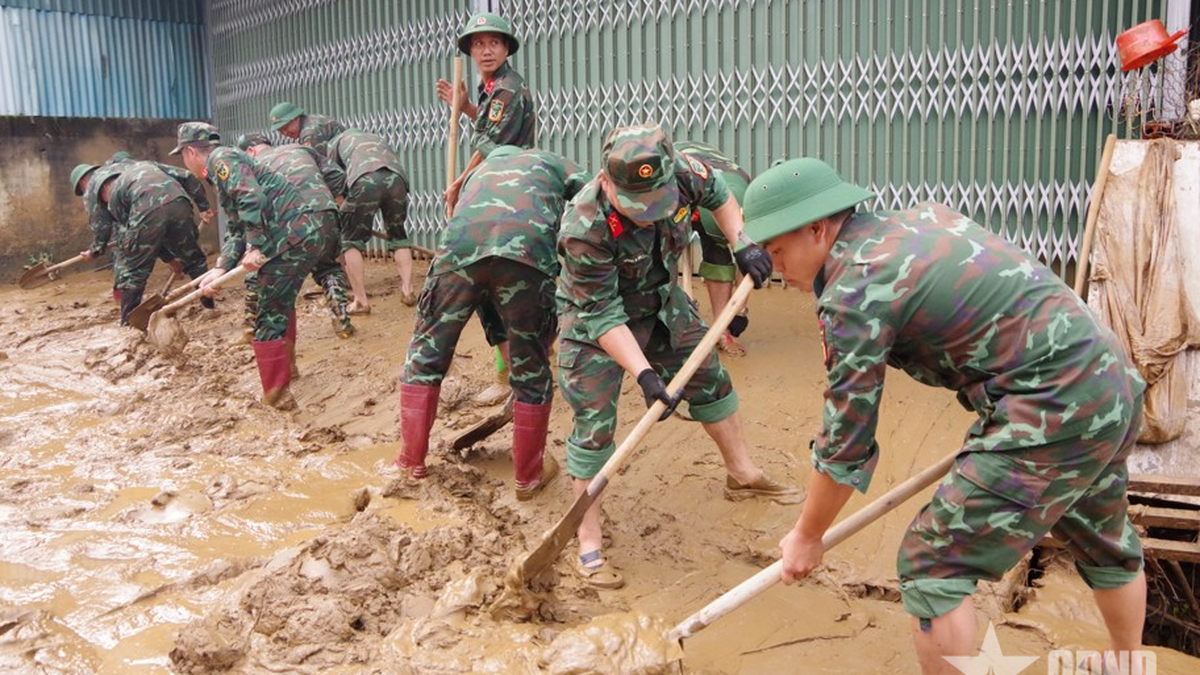























































































Comment (0)